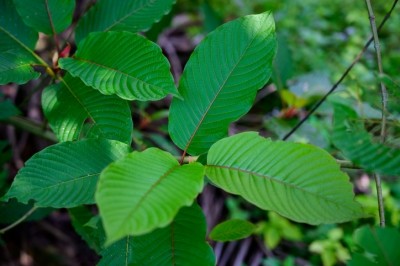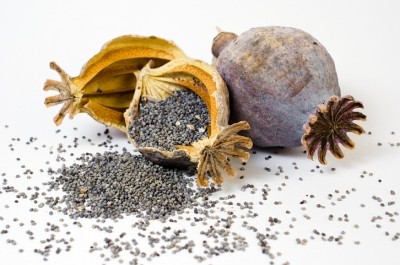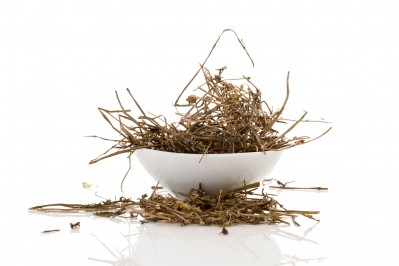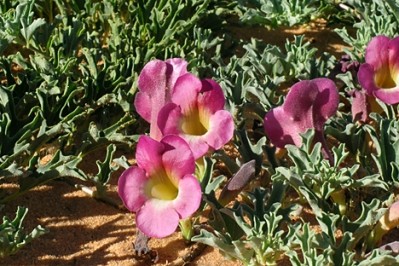FDA adds herb similar to kratom to import alert list

Only July 9 the US Food and Drug Administration updated in import alert to include the herb Sakae NAA (some references list the herb’s common name as Sakae Naa). Like other substances on the alert, the herb has been determined by the Agency to be a New Dietary Ingredient for which no safety information is on file.
Sakae NAA is derived from of Combretum quadrangular, a tree species native to Southeast Asia. Many parts of the plant were used in the tradition herbal medicine of the region, including reportedly to treat venereal disease or to expel parasites. Extracts of the leaves are said to have analgesic properties.
Herb came to fore after ban on kratom in Thailand
There is little authoritative public information on the herb. Most of what information is available in English comes from kratom adherents, who claim that the herb has similar activity to that botanical. Sakae NAA reportedly became popular in Thailand after a ban on kratom in that country in 1943. In late 1941, under threat of invasion, the country was forced into an alliance with Japan that lasted until the end of World War II. It’s unclear if the ban was purely an internal affair or was influenced by Japanese policy.
The latest import alert update lists the importer of the herb as Xi'an Le Sen Bio-technology Co., Ltd, which is located in Xian, China. Efforts to contact the company for comment have been unsuccessful.
FDA issued an import alert on kratom itself way back in 2014. Kratom (Mitragyna speciosa) is another botanical native to Southeast Asia. It has been used to treat chronic pain, PTSD and is alleged to have helped some individuals wean themselves from addiction to opioid pain killers.
The Agency’s enforcement campaign against the herb has included warning letters in 2018 to marketers making illegal opioid addiction treatment claims.
The heat on the herb increased significantly this year with the seizure of $1.3 million worth of kratom supplements in May of this year. The supplements were being marketed by a Florida manufacturer.
Nevertheless, the American Kratom Association maintains that FDA’s campaign against the botanical is based on ‘incomplete’ information. AKA claims to have successfully halted numerous attempts by state legislatures to enact their own laws banning the substance.
















